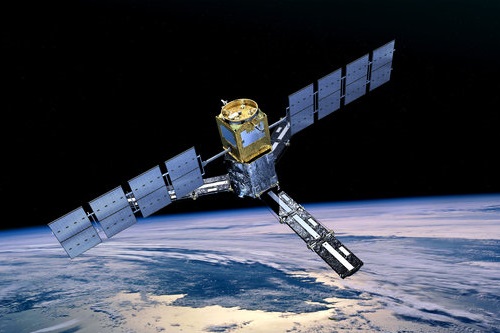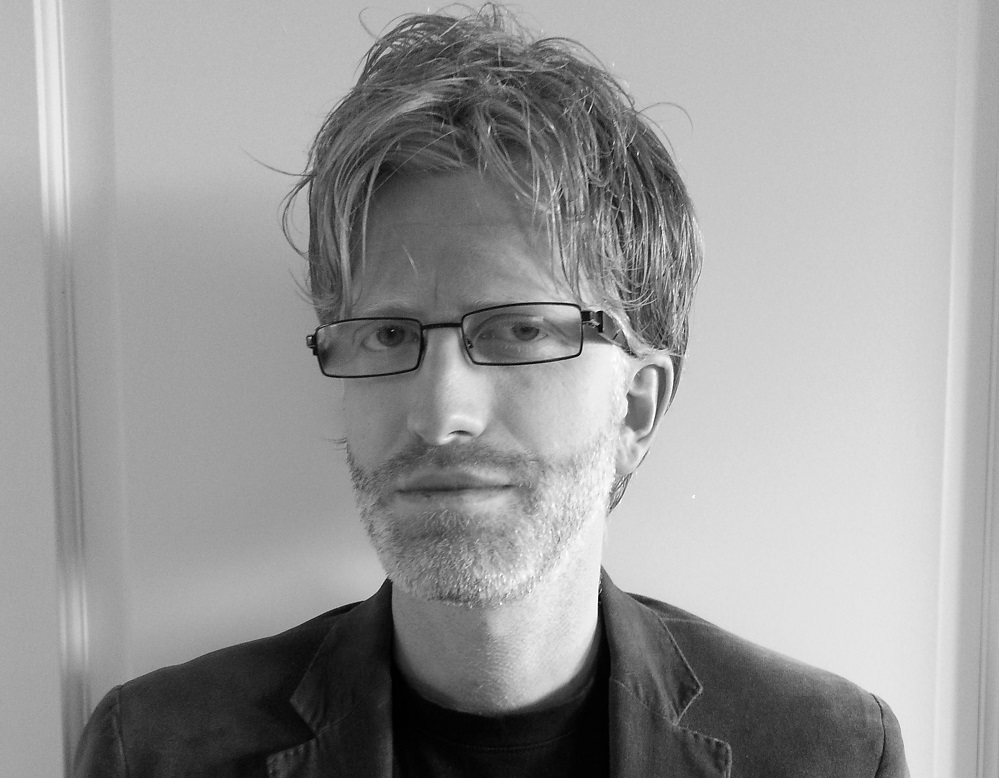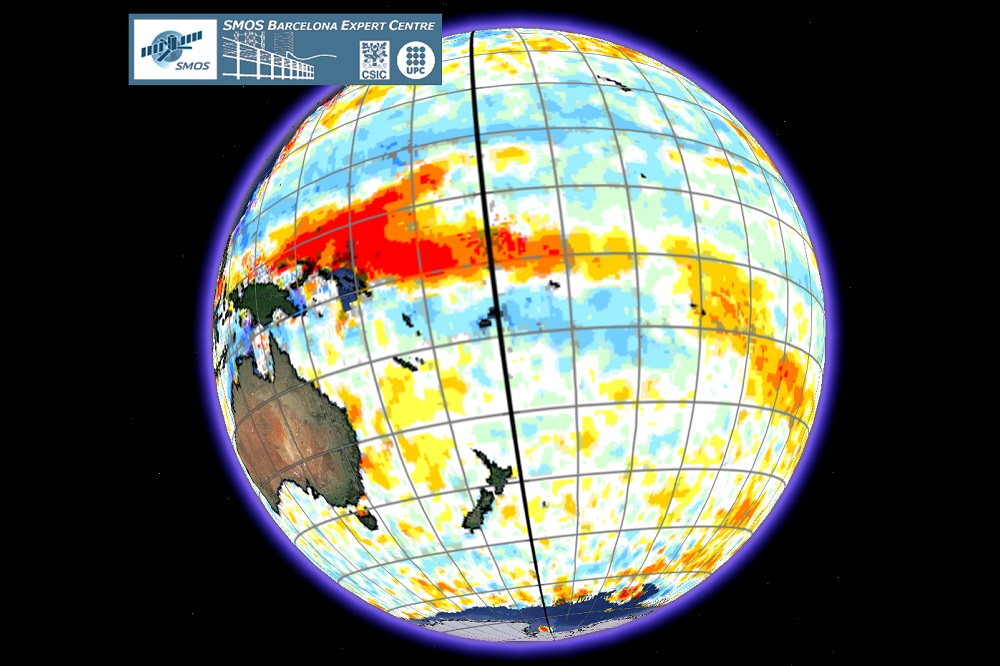YOU don’t have to be a rocket scientist to have a successful career with the European Space Agency (ESA). Working in earth sciences offers opportunities to ambitious graduates from a variety of disciplines including environmental sciences, climate chance and oceanography.

Roberto Sabia doesn’t fit the usual stereotypical image of a research scientist: this 38 year old has a passion for rock music, travelling and sushi, and he also loves keeping goal for his football team. A data analysis engineer based at ESA’s facility in the Netherlands, he carries out research into the world’s oceans, as well as managing complex projects, organising conferences and coordinating the Changing Earth Science Network.
After an MSc in environmental science from the University of Naples, and a PhD in Telecommunications Engineering from Barcelona, he won a coveted post-doc with ESA in Italy. “Overall, the internship was an amazingly rewarding experience, despite sometimes obviously being very demanding”, says Roberto. “I learnt a lot from being in an international environment and coping with political, managerial and behavioural issues”.

“Like many others, I had always wanted to work for ESA and I started asking about career opportunities while I was still doing my PhD. I kept an eye on the ESA website for openings and talked to peers in international conferences and meetings,” he says. “When still in Spain, I applied for a post-doc research fellowship in Italy and got selected. Once there, I heard about my current position in the Netherlands through internal colleagues. The job was very closely connected to the topics I was working on and luckily I got selected through the Telespazio-Vega UK firm.”
For Roberto, working for ESA is a childhood dream come true. “I have had an interest in science ever since I was a child, but the major leap came during my MSc in environmental sciences. That really boosted my interest in earth sciences in general, and oceanography in particular,” says Roberto. Working for ESA brings it all together. I particularly enjoy the interdisciplinary framework of satellite remote sensing. We are a very diverse blend of professionals like engineers, physicists and earth scientists working together in the different aspects of the mission. I am fascinated by how tiny bits of science add up to advance human knowledge, particularly in the exciting field of climate change, which has direct relevance to human society.”

Roberto is grateful for the advice and encouragement he received whilst studying. “In both Naples and Barcelona I received highly valuable advice and recommendations for my future career, especially from my tutors,” he says, and he would have no hesitation advising others to follow a similar path. “Being passionate, motivated and curious are essential requirements, in this job like in many others.”
ESA has not been immune to the financial crisis in Europe over the past few years, and that in turn has had an impact on jobs. But Roberto is optimistic: “ESA is keeping up with these challenging times and is still offering interesting and competitive positions at all levels,” he says. “These range from traineeships for young graduates, post-docs fellowships, to space-engineering contractor posts. Of course, the most coveted is a staff position!”
Roberto recommends that students take a balanced approach to the job market. “It’s crucial to find a niche which is specific enough to appeal to potential employers, but on the other hand you don’t want to limit your possible choices too much.” And Roberto says the opportunities are increasing all the time. “Earth sciences funding agencies seem to be devoting more resources to the hot topics of climate change and natural hazards prevention.”
Roberto has some final words of advice for graduates starting out on the career ladder. “My recipe is being humble enough to accept failures, and at the same ambitious enough to target high!” You don’t have to be a rocket scientist to see the wisdom of that.
ESA runs regular information and recruitment events at universities throughout Europe. Click here for more information.